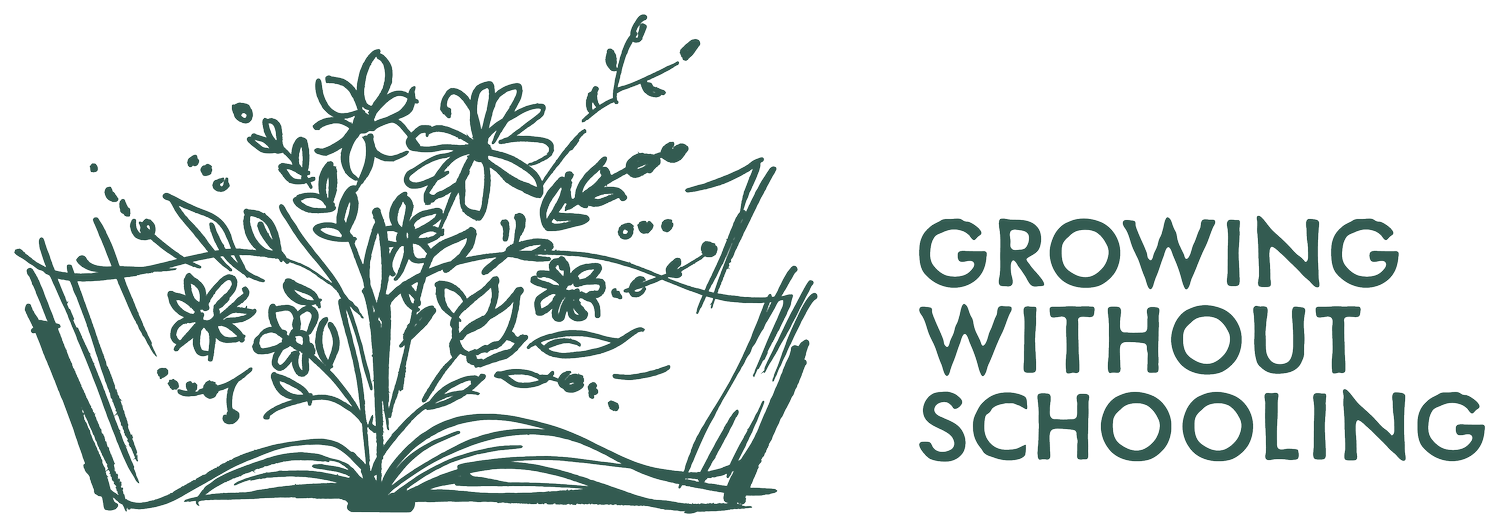The Cart and the Horse
Our conception of schooling in most of the world is that it is preparation for life in the “real world,” but what if we were to consider children as living and learning in the real world from birth instead?
Here’s an article from GWS 53 written by Donna Richoux, the editor of GWS after Holt’s death. She makes important points about our school system and society that prizes learning to look good to please people instead of learning for its own sake.
A reader writes: “One mother I know sounded gratefully relieved as she told me how glad she felt that she had recently started her 4½-year-old using scissors, since they used them in the Kindergarten Readiness class she would be attending. Never mind that such skills might be useful in their own right!”
I see this story as an example of a very important distinction that we need to keep clear. On the one hand there is Life, and Experience, and Reality. On the other hand is Looking Good—Looking Good in order to be allowed to continue, or to be allowed to move on to the next step.
I see this same confusion in the excerpt we ran in GWS 50 from Joe Nathan’s book Free to Teach, about teenagers running a Consumer Action service. Here were kids solving REAL problems of REAL people, and it was exciting to read. Then, near the end of the section, the teacher–author can’t help but point out that in the process, the students were improving their reading and writing skills. True, they were, but how that paled in comparison to everything else they were accomplishing.
Do you teach kids arithmetic so they will know how to handle money (as most teachers and parents see it, if they ever stop to wonder at all) or do you let them handle money so they will learn arithmetic (as probably many alternative school teachers and homeschoolers see it)? Why not just let them handle money so they know how to handle money? And if they happen to learn arithmetic from it, fine.
Just as school is not really an effective preparation for life, neither should life be considered a preparation for school.
Now, I know we talk a lot in GWS about how to speak and write to educators, how to describe everyday life in educational terms, because many of us have to deal with the schools, not to mention an entire society that believes that Education is a Good Thing. And we’re not being phony—all those wonderful things your kids do ARE educational. But let’s keep as clear as we can about which is the cart and which is the horse.
This confusion between the real and the artificial reminds me of something that happened twice after I came to Boston to work with John Holt. A friend or relative asked me about my job, and after listening said, “That will look good on your resume.” Both times I was floored. As if I would come to a place like this and do work that I thought was vital, in order to put it on a resume? Why? What could I possibly be planning to move on to, and would they think THAT was temporary, too?
Well, I can’t really blame them. “That will look good on your resume” is much like “That will look good on your college applications.” I did most of my extra-curricular activities in junior high and high school so I could have something to list when I applied for college—that’s what we were advised to do.
Employers, college admission, schools, even (for heaven’s sake) Kindergarten Readiness class—the pressure is everywhere to look good for the next level of judgement, at the expense of truly living.—DR
